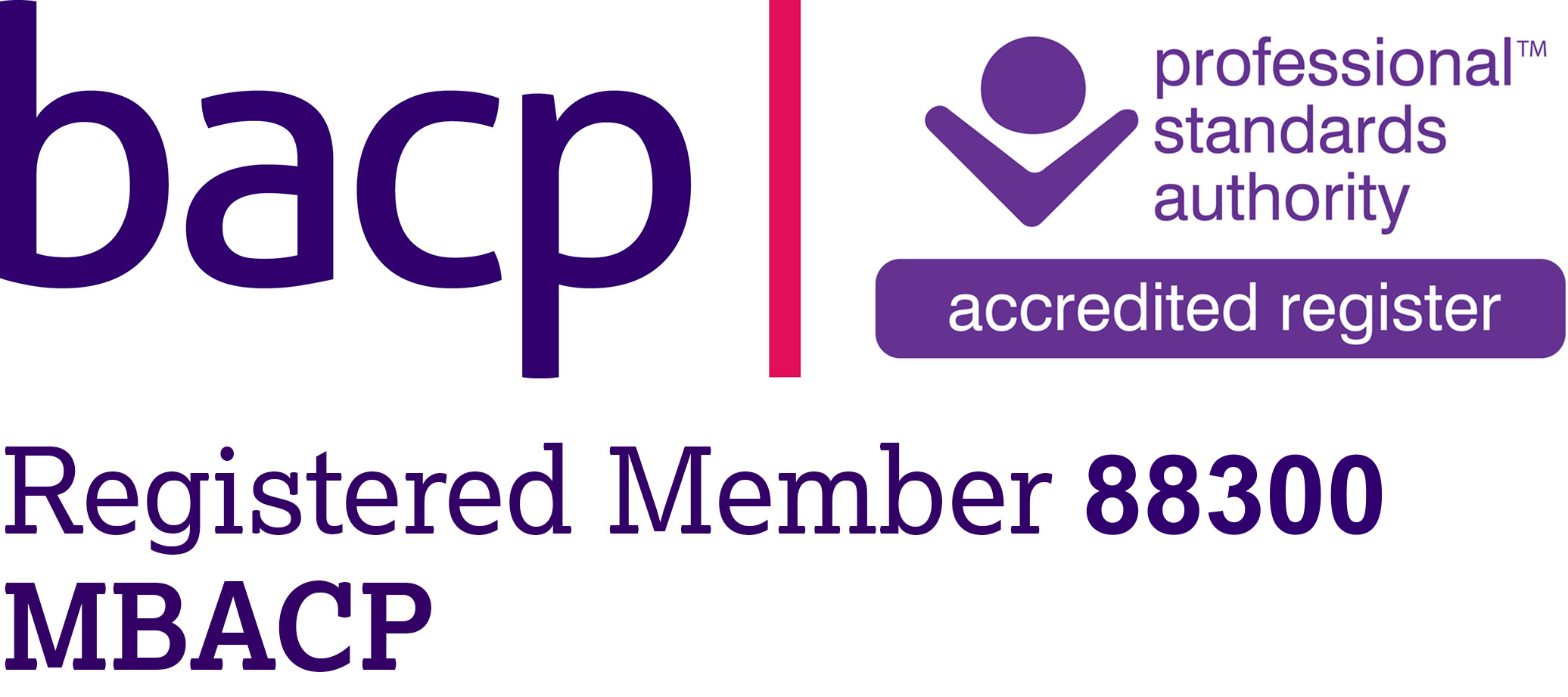
Admitting to yourself that you may need support can sometimes be a bit scary and daunting. These feelings can often creep up on you before the act of picking up the phone and speaking to a professional. I aim to make first-time contact as comfortable for you as possible by welcoming contact by email, phone or text. I’m also happy to assist you in finding the right kind of therapy for you should we decide I’m unable to meet your needs. If you are unsure or have any questions please feel free to get in touch.
To help put you at ease and ensure we are able to work together I don’t charge for the first session. This allows us some space to explore what’s going on and help you decide what the next step should be.
I provide a warm, welcoming and professional service within the welcoming surroundings of Loggerheads, Market Drayton.
Eclectic Therapy
As its name indicates, eclectic therapy is a therapeutic approach that incorporates a variety of therapeutic principles and philosophies in order to create the ideal treatment program to meet the specific needs of the patient or client. Instead of insisting upon strict adherence to one particular approach or school of thought, eclectic therapists employ elements from a range of therapeutic techniques, with the goal of establishing a course that is personally tailored to the patient or client.
Benefits of Eclectic Therapy
Being a type of integrative counselling, this type of therapy offers flexibility and focus on the whole of an individual. The integration of different approaches means therapy can be tailored to meet a variety of needs and concerns. It can be particularly beneficial for those who want to overcome negative patterns of behaviour caused by anxieties, fears, phobias or any other mental health issue that is greatly impacting life satisfaction (i.e. addictions, depression, past and current trauma, bereavement and low self-esteem). Often these problems can affect the four dimensions of human functioning – affective, behavioural, cognitive, and physiological systems. Due to the in-depth exploration of issues and setting of goals, integrative counselling typically requires some investment of time on the part of the client.
Humanistic Therapy
Coming from the ‘personal growth movement’ this approach encourages people to think about their feelings and take responsibility for their thoughts and actions. The emphasis is on self-development and achieving one’s potential. A ‘client-centred’ or ‘non-directive’ approach is often used and the therapy can be described as ‘holistic’ or looking at the person as a whole. The client’s creative instincts may be used to explore and resolve personal issues
The Aim of Humanistic Therapy
The aim of humanistic therapy is to help the client develop a stronger, healthier sense of self, as well as access and understand their feelings to help gain a sense of meaning in life. Humanistic theory sees each individual’s personality as being composed of physical, intellectual, emotional, behavioural, creative, and spiritual elements. In order to help the client reach what is referred to as self-actualization, humanistic therapist’s help clients remove and replace the attitudes, behaviours, and beliefs that do not produce a positive state of being, and integrate the various components of their unique personalities so that each individual is more self-aware, mature, and authentic. Humanistic therapy focuses on the individual’s strengths and offers non-judgemental counselling sessions.

